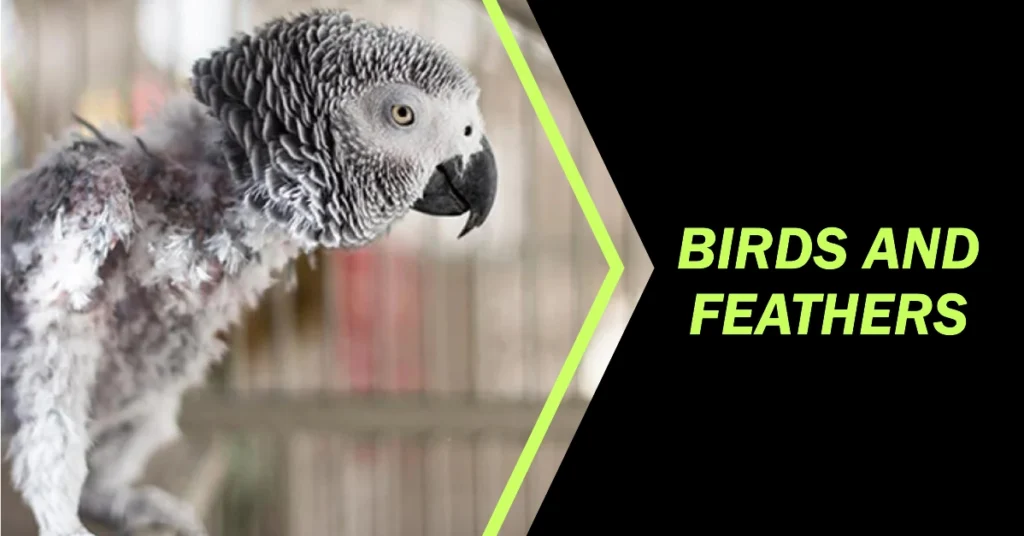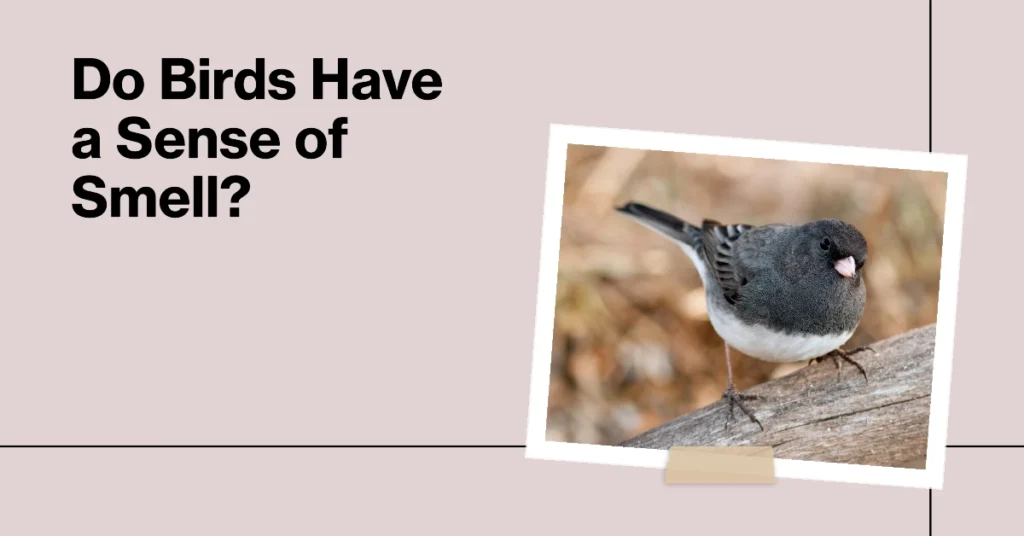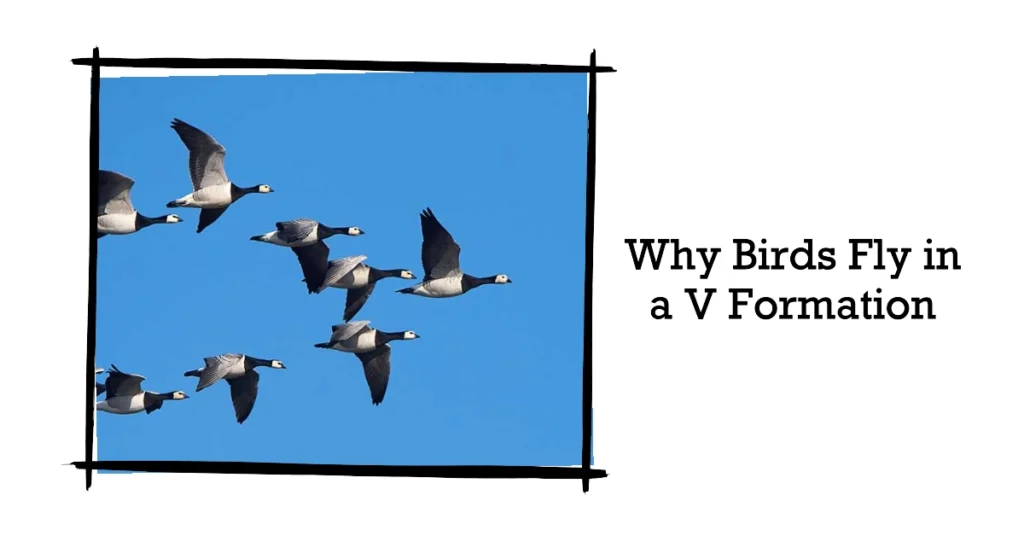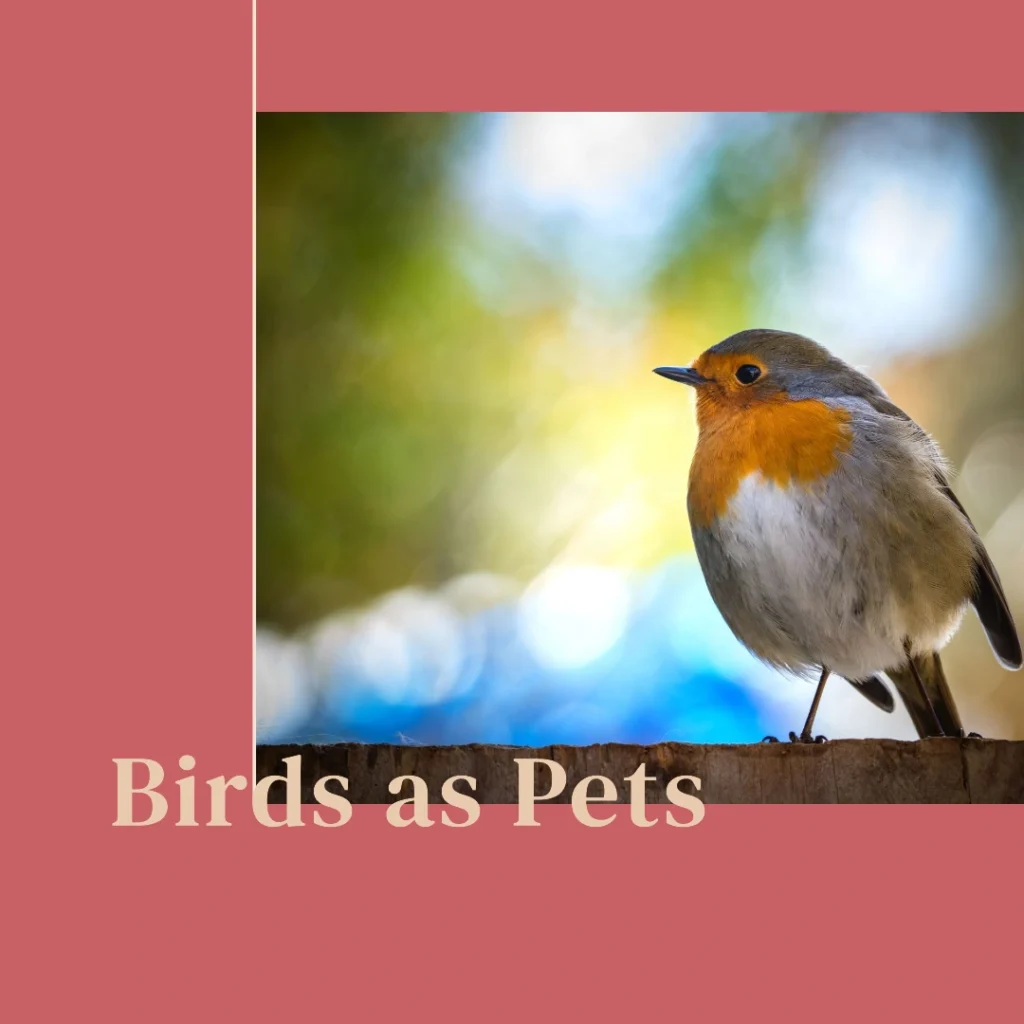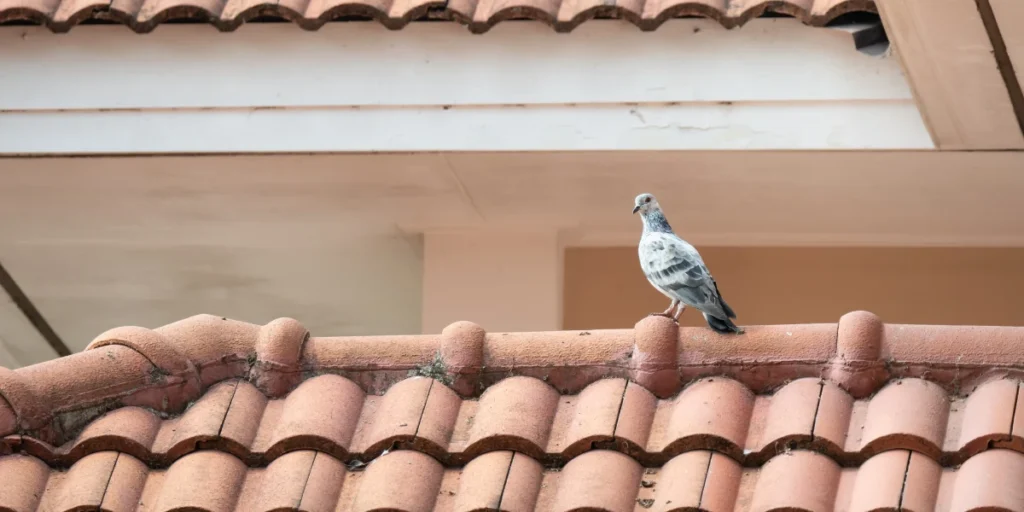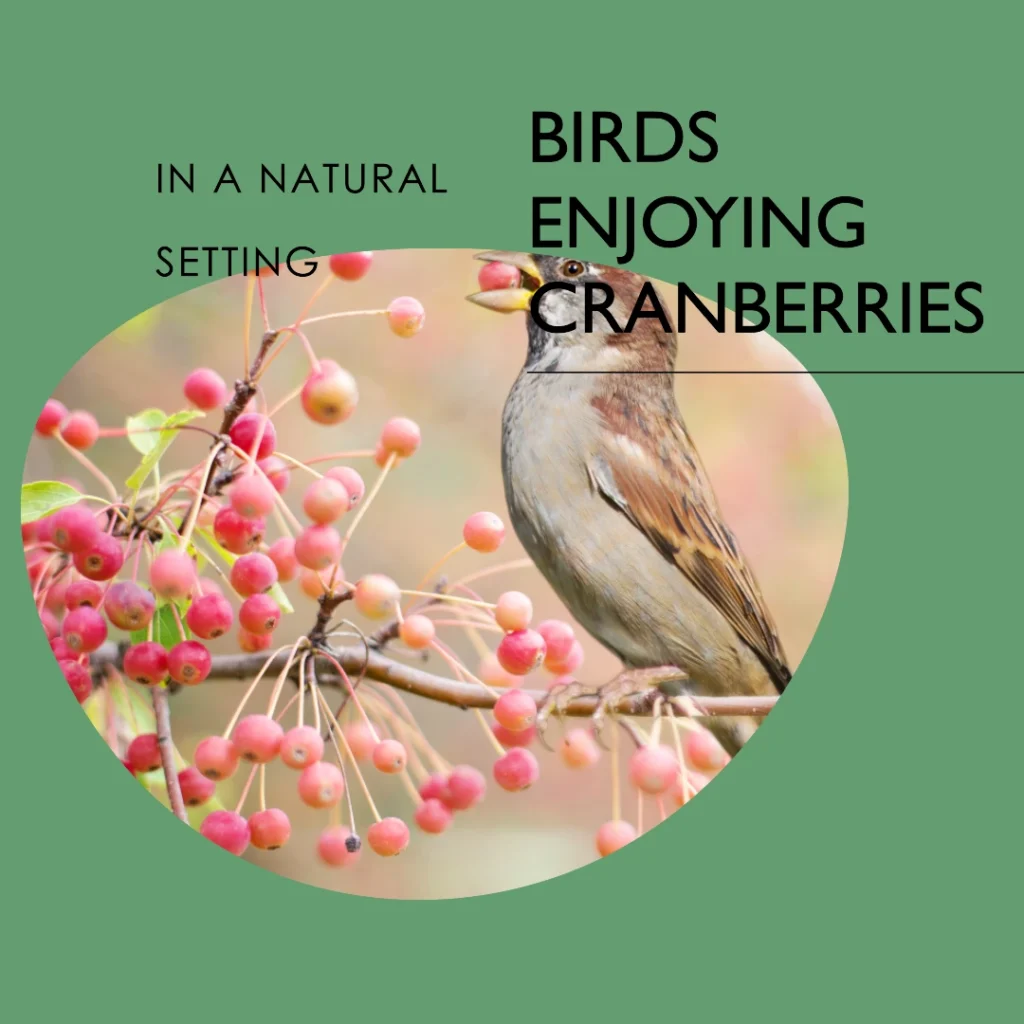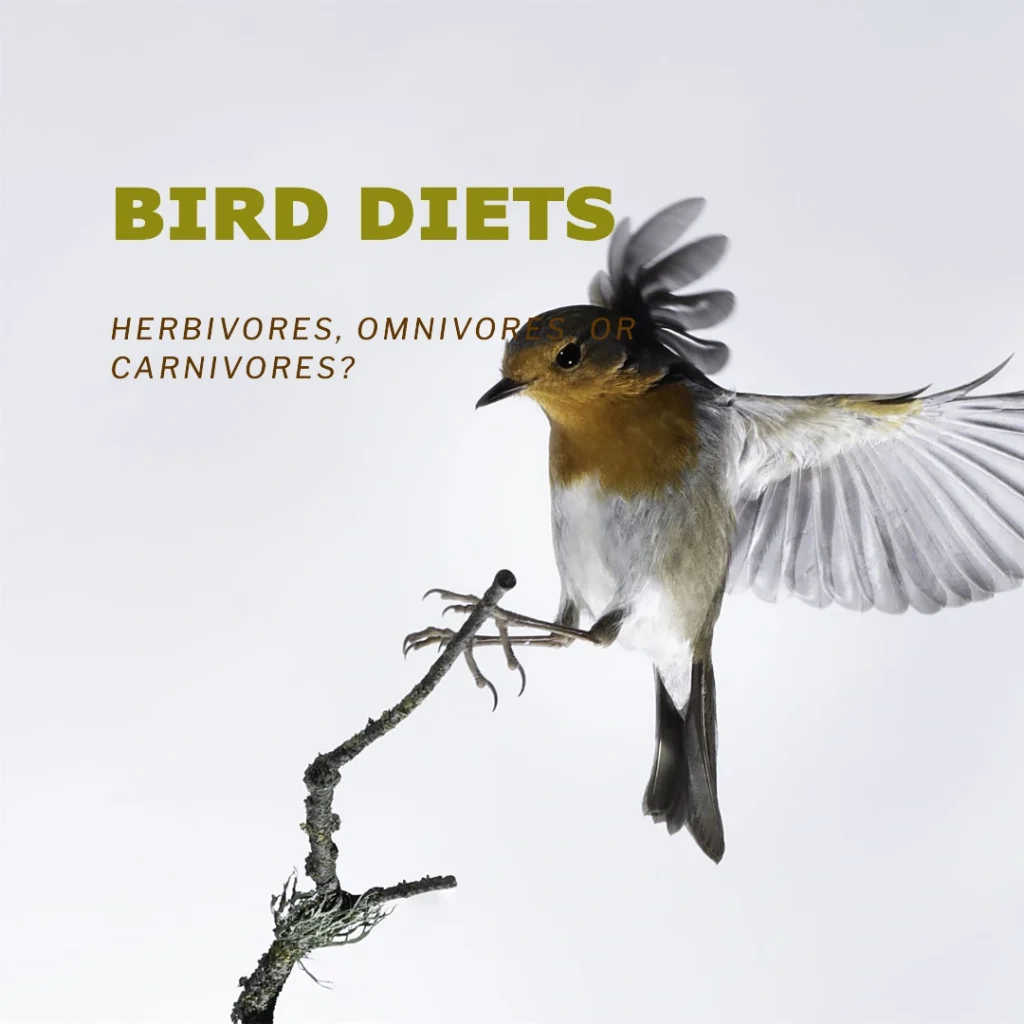
Have you ever caught your dog eating bird seed that fell from your bird feeder? Many dog owners have experienced this. While it may seem harmless, there are actually some risks to be aware of if your dog ate birdseed, especially in large amounts. Let’s look at what can happen if dogs eat sunflower seeds and wild bird seed.
Can Bird Seed Make Dogs Sick?
The main concern with dogs eating bird seed is that it can cause digestive issues and make them sick. Some potential problems include:
- Upset stomach
- Vomiting
- Diarrhea
- Intestinal blockage (if they eat a lot)
Bird seed is not toxic to dogs, but their digestive systems aren’t designed to process it. The seeds can be difficult to digest, especially if still in the shell. Eating too much can lead to an upset stomach, vomiting, diarrhea, and in severe cases, an intestinal blockage.
Another issue is that bird seed can grow mold if it gets wet, which produces toxins called aflatoxins. If a dog eats moldy bird seed, they could get very sick. Symptoms of aflatoxin poisoning include loss of appetite, vomiting, diarrhea, and jaundice (yellowing of the eyes and gums).
Are Sunflower Seeds Bad for Dogs?
One common type of bird seed is sunflower seeds. While sunflower seeds are not toxic to dogs, it’s still best to prevent them from eating too many. Here’s why:
- Shells can cause intestinal blockage
- High in fat, which can cause pancreatitis
- Salted seeds are unhealthy
- May contain harmful bacteria
The hard shells can be difficult to digest and may cause an intestinal blockage if too many are eaten. Sunflower seeds are also high in fat. Eating a lot of fatty foods can cause health issues like pancreatitis in dogs.
Many sunflower seeds sold for human consumption are salted. Too much salt is unhealthy for dogs. Finally, sunflower seeds can harbor harmful bacteria like salmonella, which can make dogs sick.
Risks of Eating Wild Bird Seed
In addition to sunflower seeds, wild bird seed mixes often contain other types of grains, nuts, and seeds that may be harmful to dogs. Some problematic ingredients include:
- Milo
- Millet
- Cracked corn
- Peanuts
These grains and nuts are not toxic but are difficult for dogs to digest. Eating too many can cause an upset stomach, vomiting, and diarrhea. Peanuts are high in fat and can contribute to pancreatitis.
Another big risk of dogs eating wild bird seed is that it may be contaminated with bird droppings. Bird poop can contain harmful bacteria like salmonella and E. coli that can make dogs very sick if ingested.
What to Do If Your Dog Ate Bird Seed
If your dog ate a small amount of fresh bird seed, they will likely be fine. However, it’s best to monitor them for any signs of digestive upset over the next 24-48 hours. Symptoms to watch for include:
- Vomiting
- Diarrhea
- Loss of appetite
- Lethargy
If your dog is showing any of these symptoms, call your veterinarian for advice. For mild cases, your vet may recommend withholding food for 12-24 hours to let their stomach settle, then feeding a bland diet of boiled chicken and rice for a few days.
However, if your dog ate a large amount of bird seed or is vomiting repeatedly, it’s best to take them to a veterinarian right away. They may need more intensive treatment, such as IV fluids or medication to control the vomiting. In severe cases, surgery could be required to remove an intestinal blockage.
How to Prevent Dogs From Eating Bird Seed
The best way to avoid the risks of your dog eating bird seed is to prevent access to it. Here are some tips:
- Use bird feeders that are high off the ground where dogs can’t reach
- Install a tray under feeders to catch fallen seed
- Rake up and dispose of fallen seed regularly
- Store unused seed in a sealed container that dogs can’t access
- Train your dog not to eat things off the ground
If you use ground feeders for birds, consider moving them to a raised platform that dogs can’t get to. You can also put up a small fence around the feeding area. Cleaning up fallen seed promptly will reduce the temptation for dogs.
The Bottom Line
In summary, while bird seed is not toxic to dogs, it’s not a healthy or safe snack for them either. Eating too much bird seed can cause digestive upset, and moldy seeds pose a risk of aflatoxin poisoning. Sunflower seeds and wild bird seed mixes may contain ingredients that are difficult to digest or contaminated with harmful bacteria from bird droppings.
If your dog ate a small amount of bird seed, monitor them for signs of illness and call your vet if any occur. To prevent the problem, use feeders that dogs can’t access, clean up fallen seed regularly, and train your dog not to eat things off the ground. By taking these precautions, you can still enjoy feeding backyard birds without putting your dog’s health at risk.
FAQs About Dogs and Bird Seed
Here are some common questions about dogs eating bird seed:
Q: Is it safe for my dog to eat birdseed?
A: While eating small amounts of birdseed occasionally might not be highly dangerous for dogs, it is not recommended. Birdseed can pose various risks to your dog’s health, including digestive issues such as gastrointestinal blockages and bloat, especially if consumed in large quantities. Keep your dog away from bird feeders and bird food to ensure their safety.
Q: What should I do if my dog eats birdseed?
A: If your dog has eaten birdseed, monitor them for any signs of gastrointestinal distress such as diarrhea, vomiting, bloat, or obstruction. Contact your veterinary professional immediately if your dog shows any symptoms, as these could be signs of serious health issues.
Q: Why is birdseed dangerous for dogs?
A: Birdseed may contain ingredients that are harmful to dogs, including moldy seeds, which can produce toxic substances. Moldy birdseed can lead to fungal infections and other health concerns such as poisoning. Treat bird food as you would dog food and store it securely to keep it out of reach of your dog.
Q: How can I stop my dog from eating birdseed?
A: To stop your dog from eating birdseed, use appropriate dog training techniques and ensure that bird feeders are placed where your dog cannot reach them. You can also create a physical barrier around bird feed areas and remain vigilant when your dog is outside.
Q: Can birdseed cause diarrhea in dogs?
A: Yes, birdseed can cause diarrhea in dogs. The high-fat content of some seeds like sunflower seeds can be problematic, leading to stomach upset and diarrhea. Always monitor your dog’s feces for any changes after they have eaten something unusual like birdseed.
Q: Are certain types of birdseed more dangerous for dogs?
A: Yes, some types of birdseed can be more dangerous for dogs. Seeds that contain grapes, raisins, or are moldy are highly toxic to dogs. Ensure that the bird food you use does not contain these harmful ingredients and is stored in a way to prevent mold growth.
Q: What other risks are associated with dogs eating birdseed?
A: Other risks include the possibility of dogs consuming bird feces found around bird feeders, which can carry bacteria and parasites harmful to dogs. Additionally, birdseed can create a blockage in the intestinal tract, leading to serious health concerns that may require emergency veterinary care.
Q: Can eating birdseed make my dog bloat?
A: Yes, consuming large quantities of birdseed can cause bloat in dogs, a serious and potentially life-threatening condition. Bloat occurs when the stomach fills with gas, food, or fluid, causing it to expand. This can lead to significant health issues that require immediate medical attention.
Q: Are there any safe alternatives to birdseed that I can feed my dog?
A: It is best to stick to food specifically formulated for dogs. Commercial dog food is designed to meet your dog’s nutritional needs and is safe for consumption. Avoid giving your dog wild bird food or bird seed and consult your veterinary professional for appropriate food choices.

